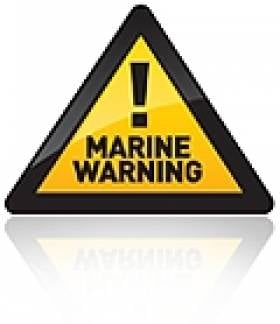Displaying items by tag: Lunar
Weekend 'Super Moon' Increases Risk of Strandings
The moon will be at its closest to earth since 1993 on Saturday March 19th.
This "Lunar Perigee", or 'Super Moon' as some astrologers refer to it as, is the opposite of the "Lunar Apogee", when the Moon is furthest from Earth. Generally, the Moon looks about 12-14% larger at its perigee compared to its apogee.
This has the effect of causing very high and low tides, or increasing the range of the tide. This will expose large areas of beach and rocks which we normally don't see. Many people enjoy walking on our beaches and exploring these new areas of beach and in particular people enjoy picking shellfish to eat which become exposed during these very low tides.
The risk to the public will be of becoming stranded as the tide advances back in which can leave people in a position where they are cut off from the shore. Members of the public are cautioned to be aware of this risk and carry your mobile phone. Should you get in to trouble then call 112 or 999 and ask for Marine Rescue, giving your exact location and in particular if you are near to any conspicuous landmarks nearby to assist the Rescue Services in locating your whereabouts.
All seafarers, surfers, swimmers and divers should be aware of the increased tidal streams that will be running around our coast over the weekend; people could find themselves in peril as a result of these strong and fast tidal conditions which have not been experienced for some time now.





























































